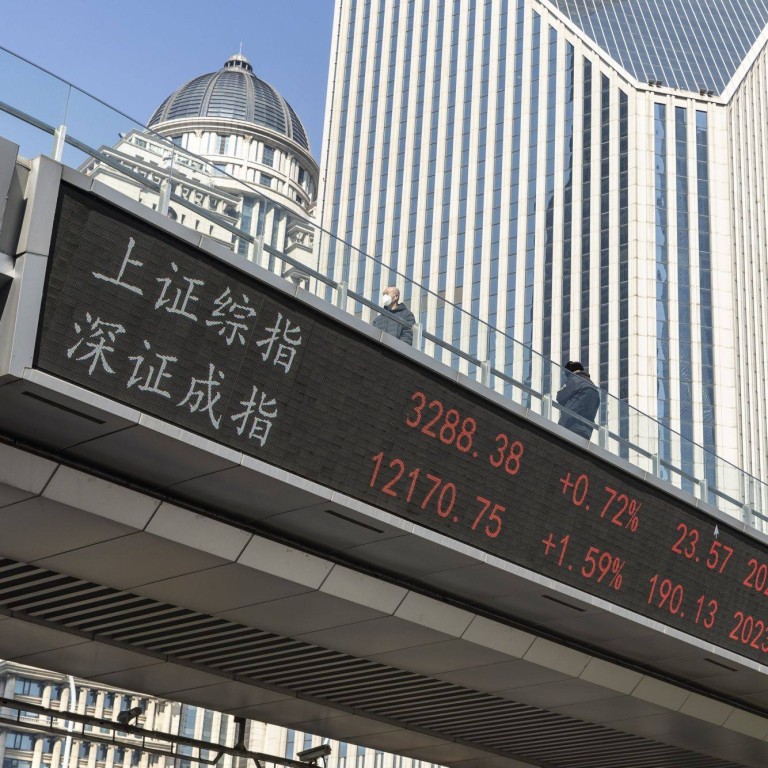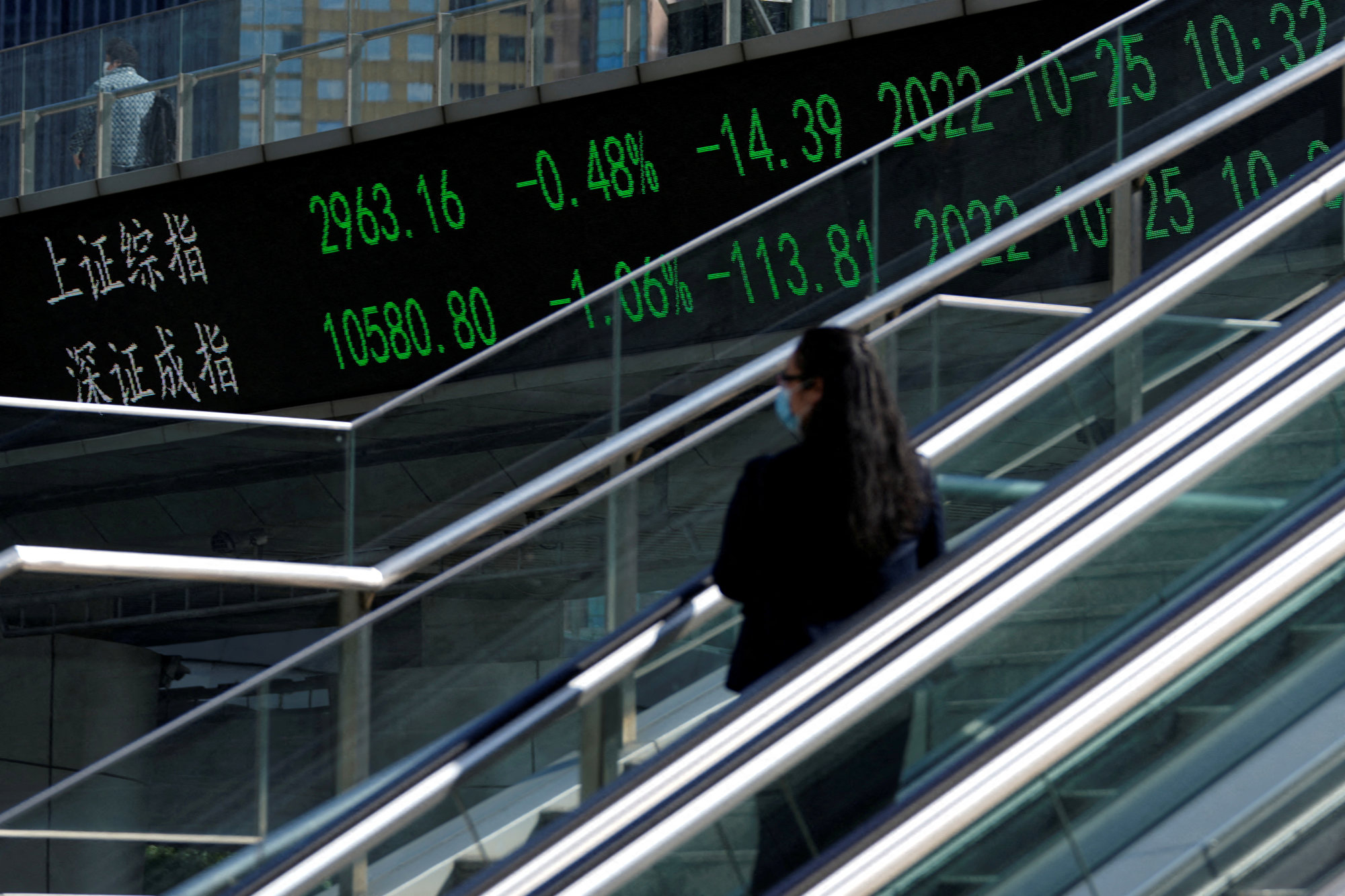
China’s IPO reforms: speculators abandon ‘indecent’ penny stocks as new rules reduce incentives for back-door listings
- More stocks on the verge of trading suspension, possible delisting, as new rules clean up a dark corner of China’s US$11 trillion stock market
- Investors abandon companies that only have so-called shell value as overhauled rules for IPOs take effect
Punters have been dumping penny stocks on China’s exchanges, driving prices down far enough and long enough for some companies to face delisting, as sweeping rule changes tamp down speculation about back-door listings and clean up a dark corner of the nation’s US$11 trillion stock market.
Shares of Sichuan Western Resources Holding have been trading below the minimum value of 1 yuan for 20 consecutive days as of Monday in Shanghai, meeting the delisting threshold set by the Shanghai and Shenzhen exchanges. The stock tumbled 5.1 per cent to 0.74 yuan on Monday. The market expects trading in the stock to be suspended, and the Shanghai bourse will then make a decision on whether to delist it.
Meanwhile, trading of jewel retailer Jinzhou Cihang Group has been halted since February 2 pending a review by the Shenzhen exchange. The stock last closed at 0.72 yuan after languishing below 1 yuan for 20 days in a row.

The changes also include reducing listing thresholds, a move that should make back-door listings less desirable. Regulators also signalled that they will be stricter about carrying out delistings to keep a lid on total listings.
“The pace of dumping indecent assets is expected to speed up,” said Hui Xiangfeng, an analyst at Yingda Securities in Shenzhen. “Investors now need to keep eyes open not to step on the landmines of junk penny stocks, which are often characterised by missing chairmen, accounting fraud and negative operating cash flow.”
While China is the world’s second-largest stock market, it has a large base of individual investors, offering a breeding ground for excessive speculation, manipulation and insider trading.
Tech start-ups at Shanghai park benefiting from IPO reforms, executive says
Gambling-like trading on back-door listings is a major area for regulatory crackdowns. A back-door listing occurs when a listed company acquires another entity with profitable assets to revive its fortune, and the target company assumes the listing status after the deal is completed.
Such ‘pump-and-dump’ plays often end up burning small investors who chase hot stocks, which adds to market volatility, distorts investment values and invalidates price discovery.
China’s new IPO rules will draw big tech firms, spark bull run, analysts say
Shanghai-listed Western Resources was a market darling last year, surging 202 per cent in four months through August, a span when the Shanghai Composite Index rose only 10 per cent.
If delisted, it will be the second company to get expelled for trading below par value on the Shanghai exchange, after plastic product maker Hubei Kaile Science and Technology earlier this month. At least three companies have been delisted from the Shenzhen bourse for the same reason since 2018.
Suzhou New Sea Union Telecom Technology, a Shenzhen-listed telecom product maker, is the most likely next candidate for delisting. Its shares slid 4.4 per cent to 0.86 yuan on Monday, its seventh consecutive day of trading below 1 yuan.
Missing banker Bao Fan ‘assisting Chinese authorities in a probe’
Another 45 companies, from property developer Sichuan Languang Development to car dealer Pangda Automobile Trade, are trading below 2 yuan on the mainland’s two exchanges, according to Bloomberg. The number was 33 a year ago.
Delisting has been infrequent in China’s onshore markets historically, due to state protection and lax rules. The first company to be delisted was appliances maker Shanghai Narcissus in 2001, more than 10 years after China’s capital market started.
Brokerages including Shenwan Hongyuan Group expect more delistings in coming years due to the regulator’s stance and investors’ growing preference for blue-chip stocks over speculative trade. The Shanghai and Shenzhen exchanges last year saw more than eight times more delistings than in 2018, according to Shenwan.

